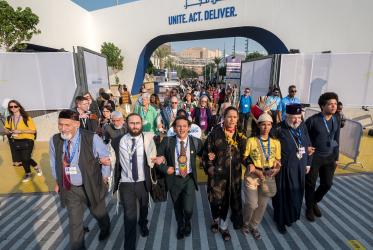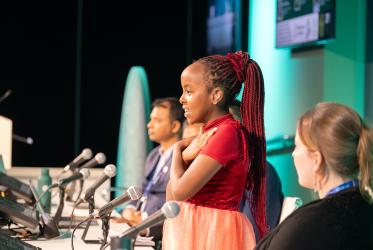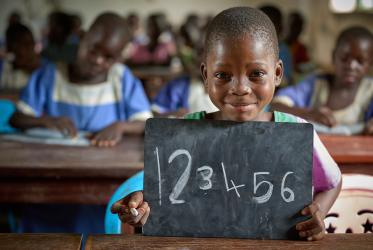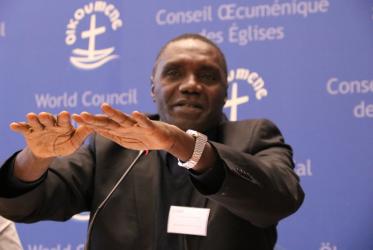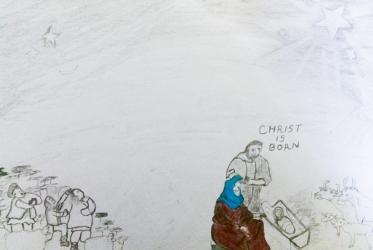Displaying 1 - 19 of 19
22 February 2024
Lighting the lives of many
28 June 2022
Church in Bali empowers youth to break cycle of poverty
18 March 2019
Agreement works toward food security in South Sudan
23 February 2019

